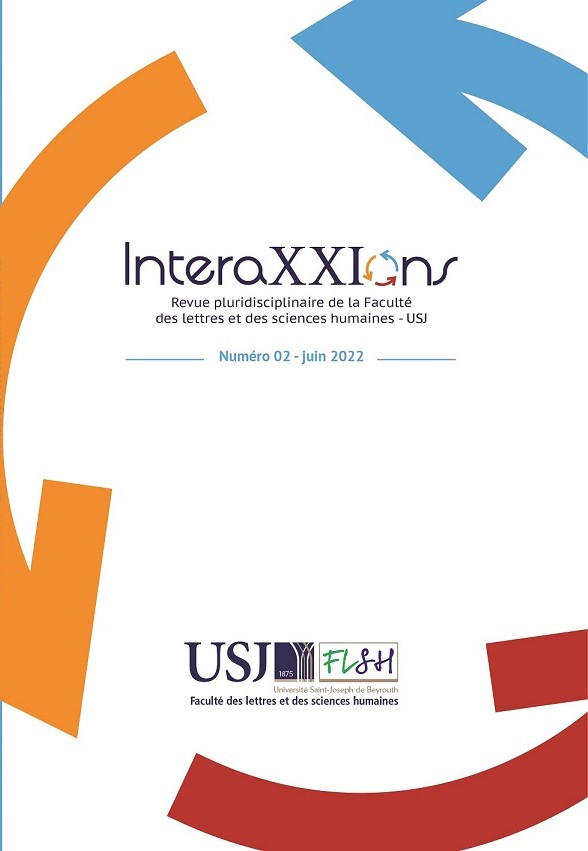Abstract
Post-disaster 1986 Chernobyl and 2020 Beirut share a common issue: a psychologically traumatized population for whom individual healing is linked to the rebuilding of the land. The current proposal is articulated around the second axis: “Healing disaster.” Based on the UNESCO-Chernobyl program, we aim to show that solutions developed for this program, specifically the psychosocial and psychological rehabilitation of populations affected by the disaster that were effective to treat large scale disaster-related trauma, can be applied here.
Multidisciplinary teams based out of the Institute for Human Sciences at Western Catholic University in Angers, France, were charged with developing innovative approaches to respond to the trauma created by nuclear contamination in Belarus, Ukraine, and the Russian Federation.
Nine psychosocial rehabilitation community centers were open in 1993, with the primary objective to improve mental health, promote family cohesion, stimulate community interactions, and develop individual initiative (excerpt from activity report, 1991-1996, UNESCO-Chernobyl program).
These centers are flexible integrated systems which can be implemented shortly after disasters to help build resiliency in areas affected by destruction. It is important that these be sponsored by international organizations, as it lends those structures much needed neutrality. Collaboration between local and international universities is also an important aspect to ensure optimal functioning.
The recommended methodology here is action-research, which has proven effective in achieving goals such as helping a destabilized population living in anxiety-producing environment requiring major life alterations. This methodology can be used when faced with system collapse and an empowerment approach is the goal. It will therefore lead to the development of resiliency. This resiliency, in turn stems from the community dynamic that emergences from the collaboration between population and psychosocial personnel and the local populations

